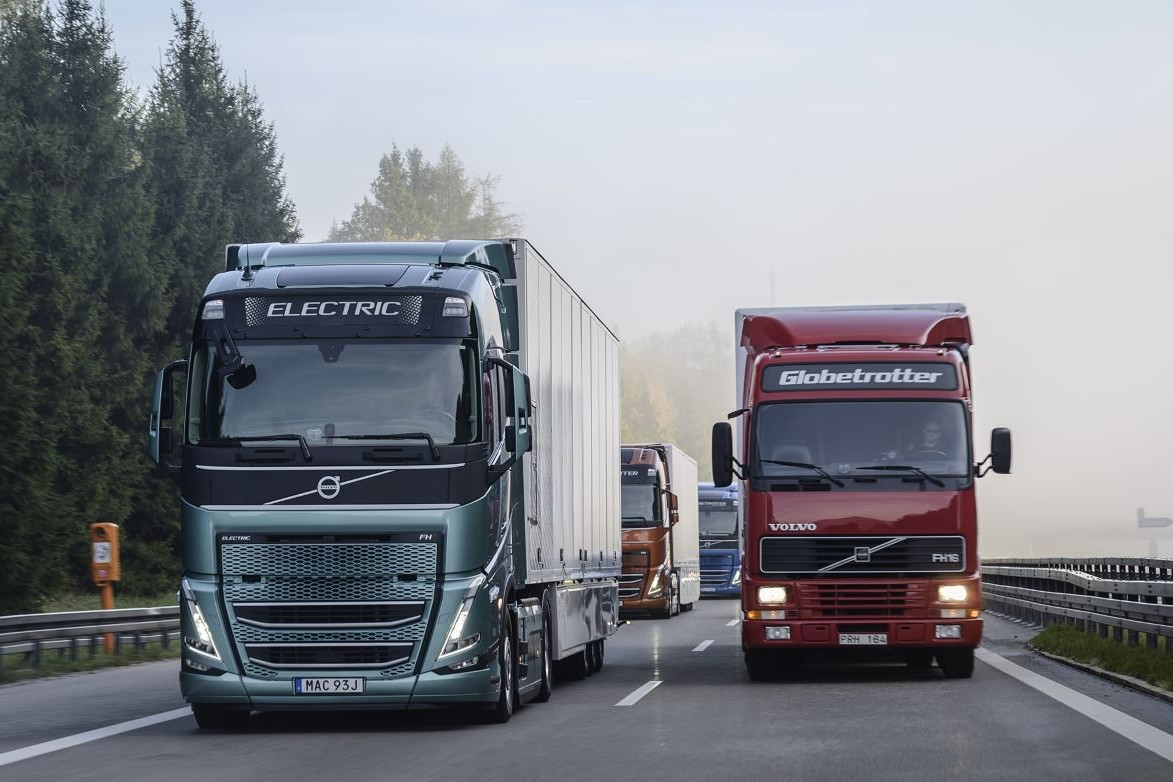
Industry‘s submission that farmers, not truck drivers, should be responsible for correctly tagging their animals to safeguard New Zealand‘s biosecurity has been heard and acted on, Road Transport Forum chief executive Nick Leggett says.
In passing the National Animal Identification and Tracing Amendment Bill (No 2) this week, the Primary Production Select committee‘s changes ensured this.
Leggett says the RTF would like to thank the Primary Production Select Committee members familiar with transporting animals for listening to industry and working hard to get an amendment to the Bill to provide some kind of indemnity for transport operators.
“Now, whenever anyone has to fill in the declaration forms around the animals that are leaving their property, there will be a new section that will be included, basically giving an indemnity to the trucking companies that the farmer has tagged the animals appropriately.”
Leggett says this is what the RTF asked for, because the farmers and not the trucking companies are responsible for their stock. He said the government has a tendency to promote reliance on technology that does not yet exist to solve problems, such as scanning to identify NAIT tags on stock as they enter a truck.
“Industry doesn‘t support fitting scanners to trucks and we hope they find suitable funding to develop technologies to make compliance easier for farmers.
“Livestock transporters care about New Zealand‘s biosecurity and accept that animals must be traced to ensure their lifetime movements can be monitored in the event of any disease outbreaks.
“But essentially, they are moving animals they have no responsibility for, other than when they are on the truck. Often, they will be loading those animals alone in the dark, and sometimes the animals are moving at pace in tight enclosed spaces, so the truck driver cannot be expected to safely visually check every animal accurately for a small electronic tag.
“We think this new law has taken the correct approach in acknowledging that, and while there are some things to work out on the required paperwork, we think pragmatism has won the day.”
Read more
30 years of innovation
0 Comments13 Minutes
Against the tide
0 Comments5 Minutes
To the shredder!
0 Comments2 Minutes





